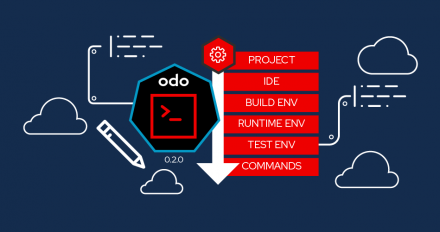
Developing your own custom devfiles for odo 2.0
Get started with Odo 2.0 devfile components, commands, and events and write your first custom devfile to adopt an existing development flow for Kubernetes.

Get started with Odo 2.0 devfile components, commands, and events and write your first custom devfile to adopt an existing development flow for Kubernetes.
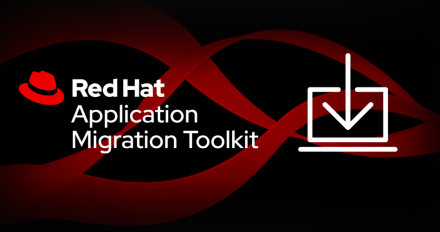
Install Red Hat's migration toolkit for applications on your Windows, macOS, or Linux laptop, then get started using it in your favorite browser.
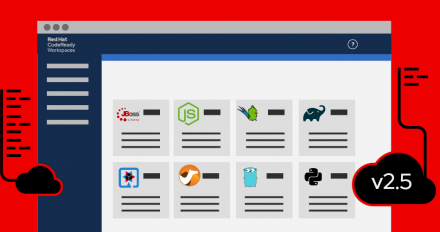
Explore the language and platform updates, IBM Power Systems support, and the new single-host mode in Red Hat CodeReady Workspaces 2.5.

In connection with your use of this Red Hat offering, Red Hat may collect telemetry data about your use of the software. This data allows Red Hat to monitor the software and improve Red Hat offerings and support, including identifying, troubleshooting, and responding to issues that impact users.
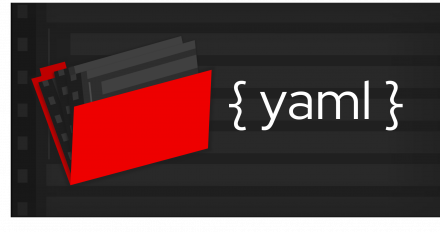
Discover the benefits of providing a YAML schema and how to make it consumable for all of your users, making it easier to edit YAML files.
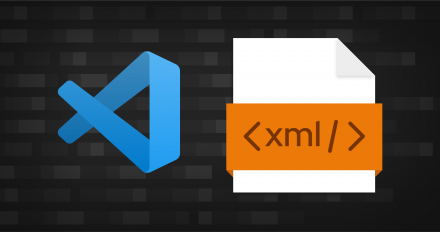
Get a guided tour of the XML extension for VS Code 0.14.0 release, including embedded settings documentation, customizable document outlines, and more.
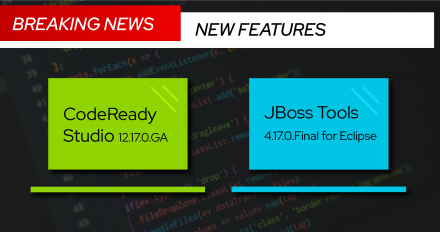
Explore the many improvements and bug fixes in JBoss Tools 4.17.0 and Red Hat CodeReady Studio 12.17 for Eclipse 4.17 (2020-09).

Discover Open Liberty 20.0.0.11's new Kerberos authentication support, plus collecting and visualizing data from Thanos data sources in Grafana dashboards.
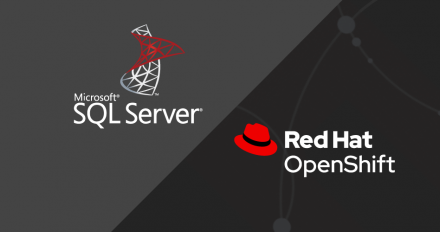
Learn how to deploy Microsoft SQL Server 2019 on Red Hat OpenShift, use SQL Server from an OpenShift-deployed ASP.NET Core application, and more.
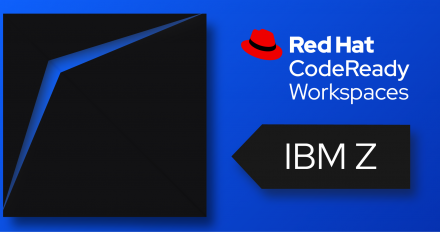
Red Hat CodeReady Workspaces 2.4 brings support for IBM Z and improvements to the CodeReady Workspaces IDE editor and configuration elements.
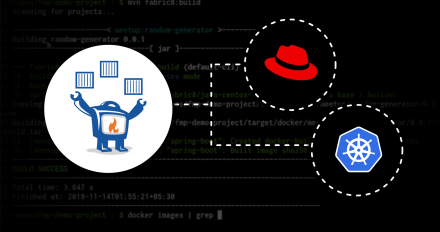
Explore Eclipse JKube 1.0.0 and learn how to migrate from your no-longer-supported Fabric8 Maven Plugin to JKube's Kubernetes or OpenShift Plugin.
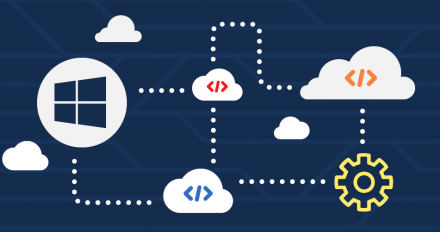
Solve the mystery of trying to run Red Hat CodeReady Containers on Windows 10 Enterprise. This author's pain is your gain.
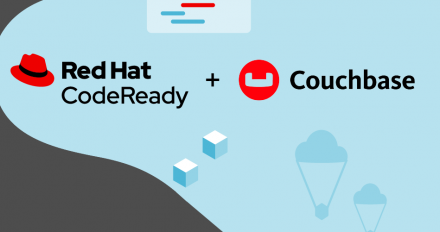
Learn how to install Couchbase Server Enterprise Edition on a Red Hat OpenShift cluster using Red Hat Marketplace and the CouchbaseDB Operator.
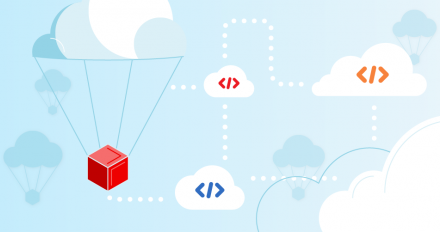
Learn how to set up Red Hat Marketplace and install containerized products in your CodeReady Containers-based local OpenShift development clusters.
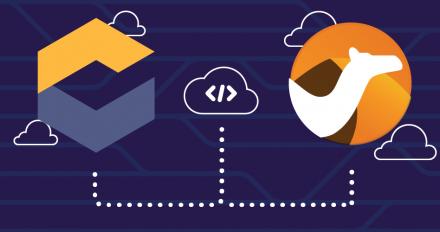
Add Java language support to Apache Camel K within Eclipse Che with this brief how-to and video demonstration, and discover what's coming next.
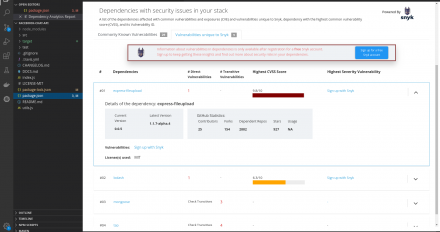
Tackle security vulnerabilities in your open source code with the latest CodeReady Dependency Analytics and its Snyk Intel Vulnerability DB integration.
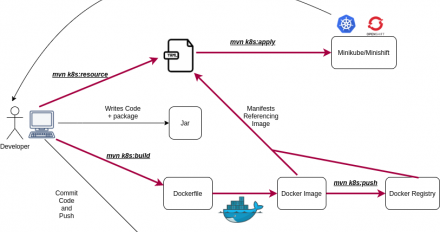
Discover Eclipse JKube and learn how the Kubernetes Maven Plugin simplifies your Java development workflow, letting you deploy any Java application on k8s.

Red Hat CodeReady Workspaces 2.3 brings two ways to inject secrets, cluster-wide proxy support, devfile and IDE plugin updates, and more.

Explore the range of Kubernetes 1.18-based technology updates that improve the operational and development experience when using OpenShift 4.5.

A demo of Universal Base Images (UBI).

Learn how to make a monolithic Java web application cloud-native and deploy it into a Kubernetes or OpenShift cluster using Eclipse JKube Maven plugins.

Discover what's new in JBoss Tools 4.16.0 and Red Hat CodeReady Studio 12.16 for Eclipse 4.16 (2020-06), from UI updates to updated JDT extensions.

Red Hat CodeReady Workspaces 2.2 brings performance and configuration improvements, a debug mode for workspaces, and CPU limits for IDE plugins.
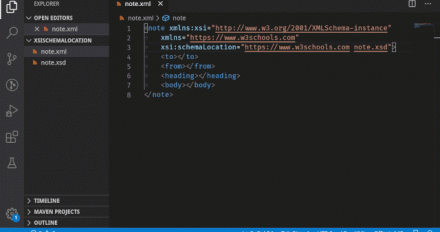
Discover Red Hat XML extension for VS Code 0.13.0's improved ability to bind and generate a new XSD or DTD grammar file from an existing XML file, and more.

Learn how to create an Ansible playbook to automate Quarkus workshop deployment onto an OpenShift 4 cluster with CodeReady Workspaces and Keycloak.